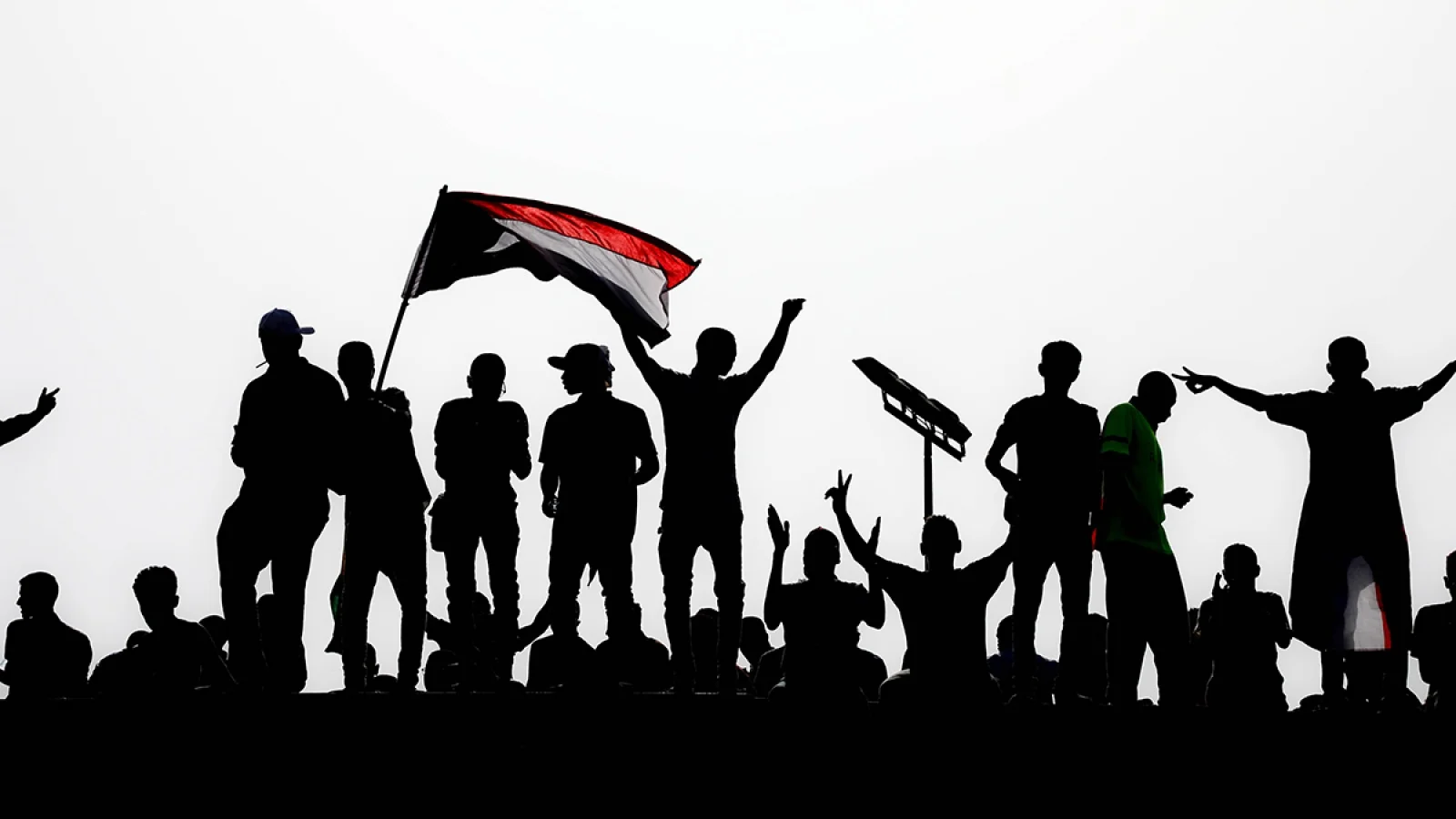For John Campbell’s “Africa in Transition” blog on the Council on Foreign Relations website, I authored a piece on the historical background of the Sudan posts and al-Bashir’s ouster. It is reproduced below.
While the Sudanese military expelled President Omar al-Bashir from office, the people of Sudan are ultimately responsible for toppling his regime, and the leaders of the protest movement have promised not to let up until civilian rule is secured. They well know that any persistence of military control represents a continuation of the Bashir regime, and in particular, the Arabic-speaking population’s monopoly of power. For three decades they have endured the suppression of civil society, labor unions, freedom of press and religion, and any real measure of democratic expression or development. The Sudanese people have enough experience with the security apparatus Bashir created to know that exchanging one general with another does not represent improvement.
Read MoreUS Permanent Representative to the United Nations Ambassador Nikki Haley is currently visiting Africa on behalf of President Donald Trump. During his official luncheon for African heads of State at the United Nations General Assembly in September, the President said he was concerned with two countries in crisis: South Sudan and the Democratic Republic of the Congo. He asked Ambassador Haley to visit these countries and make recommendations.
What is Ambassador Haley likely to find during her visit, and what is she likely to recommend?
Read MoreOnly three years old, the independent nation of South Sudan is in the midst of a catastrophic humanitarian disaster. Hundreds of thousands of people have become internal refugees. Thousands of others have perished in ethnic cleansing attacks against innocent men, women and children living their normal lives in their villages. There are new reports of several thousand-child soldiers who may be fighting in the ranks of ethnic militias.
The international community, especially the United States, is taking the problem very seriously. Peace talks between the South Sudanese Government, and the main rebel group led by former Vice President Riak Machar, have been going on in Ethiopia for several months under the auspices of the African Union. US diplomats have been doing a full court press trying to bring about a cease-fire and reconciliation. Secretary Kerry has personally gone to the Ethiopian capital Addis Abeba to persuade the warring parties to reach at least a temporary agreement. Despite several cease-fire agreements over the past few months, nothing has changed on the ground in South Sudan, and innocent civilians continue to die in vain.
Read More
